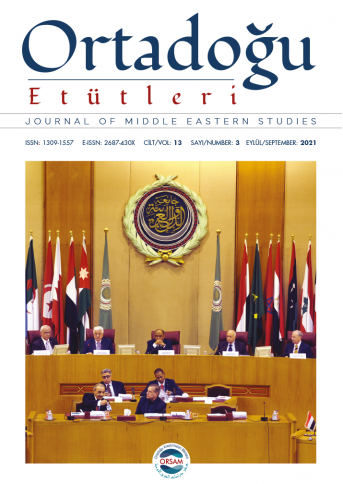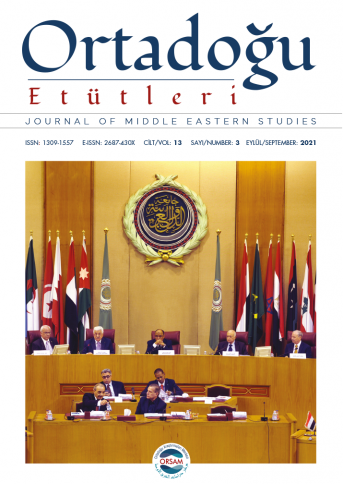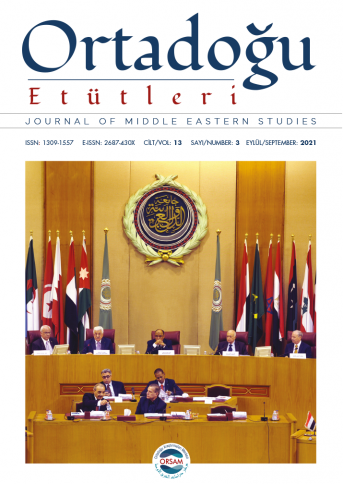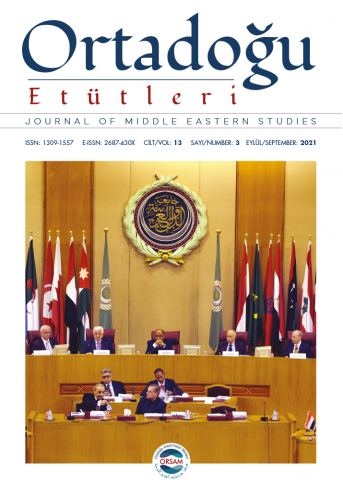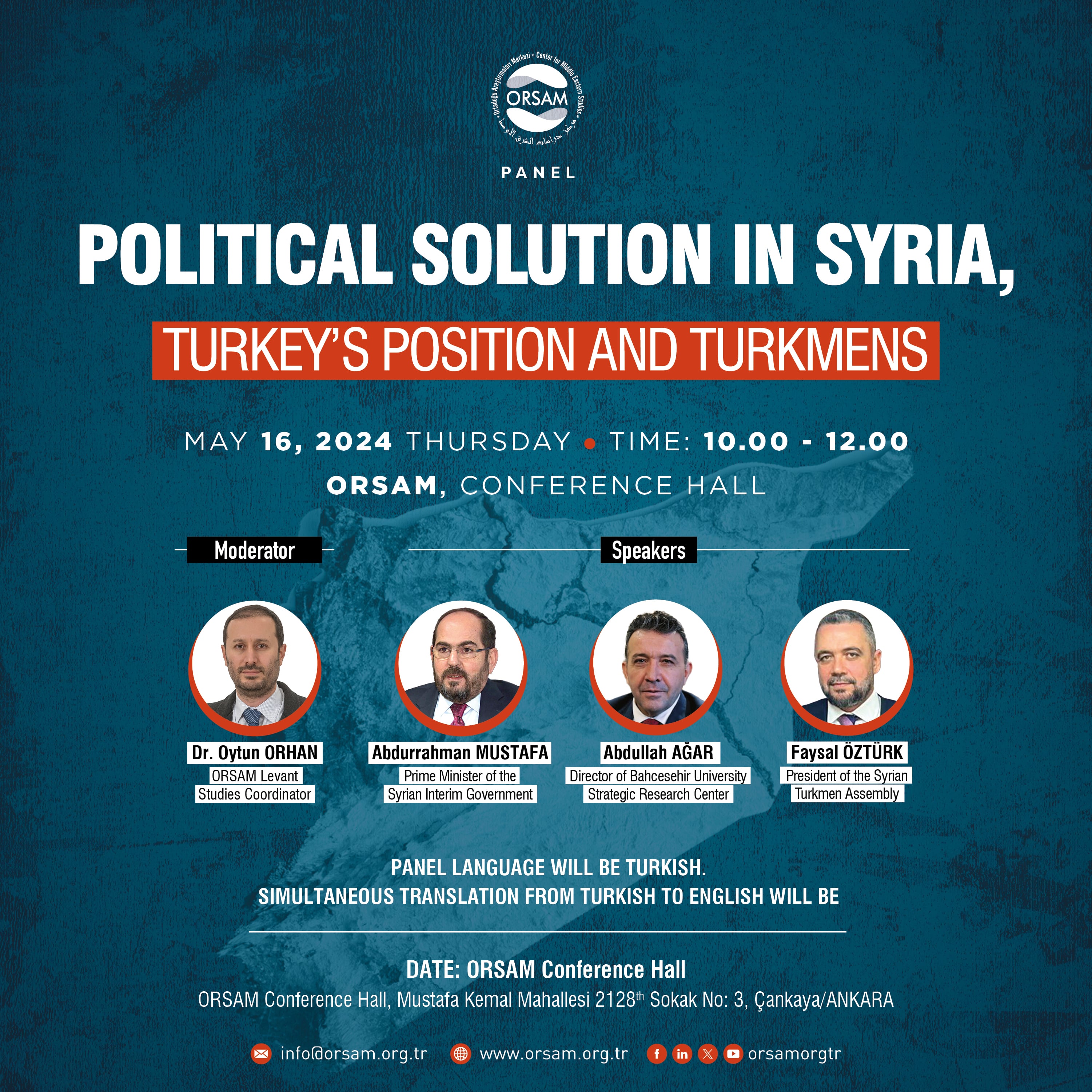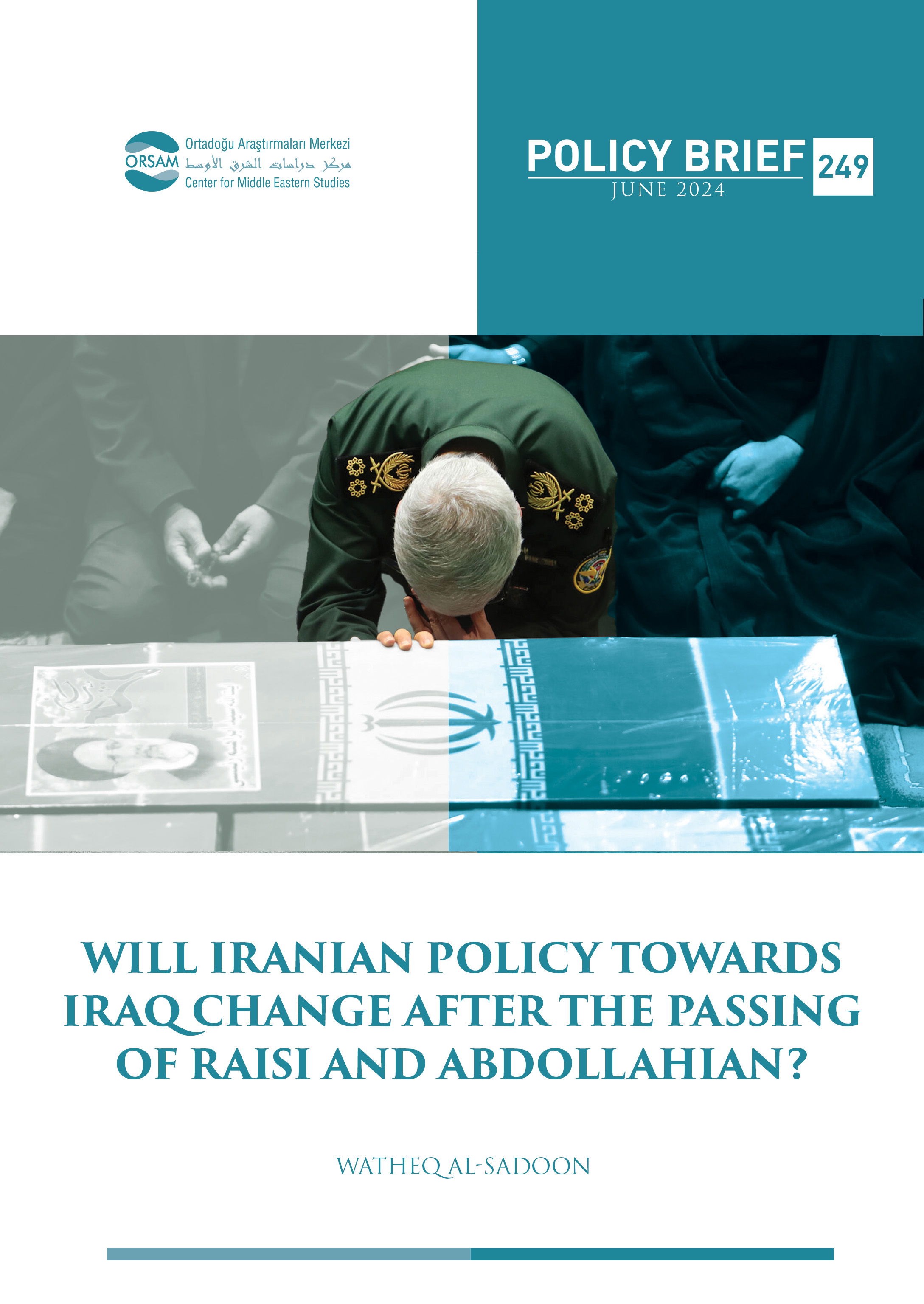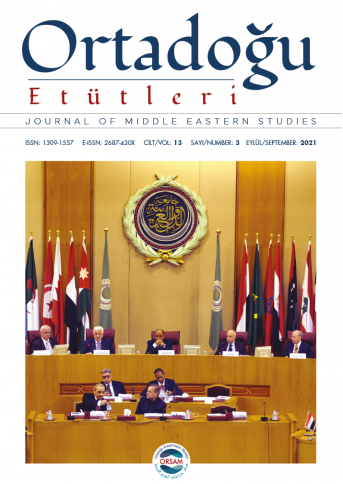
Soviet Union’s Intervention in Afghanistan: Transnational Solidarity and War Volunteering in Turkey
The Soviet Union’s intervention in Afghanistan is one of the most significant crises of the Cold War period in terms of its political impacts at the regional and global level. The decade-long conflict not only affected the warring parties, but also created a broader transnational solidarity network, and laid the groundwork for social memory. This situation manifested itself in the form of following the developments from the print media and producing literary texts, as well as the voluntary participation of individuals in the war. During this period, the emergence of terrorist organizations that travelled to the region and turned the arena into a center for their activities following the end of the war, intensified concerns over security to a great extent. Although current literature focuses on the mobilization among Arabic-speaking countries, an examination of how the Soviet intervention in Afghanistan resonated in other countries shall provide a holistic understanding of the phenomenon. In light of this, this study analyses the transnational solidarity phenomenon that emerged especially in Islamic magazines and newspapers of the period, and war volunteering as an extension thereof, based on the effects of the crisis in Turkey. Including the works written by war volunteers in the analysis is important in terms of drawing attention to the contrast between the fictionalized ideal and the reality encountered.

